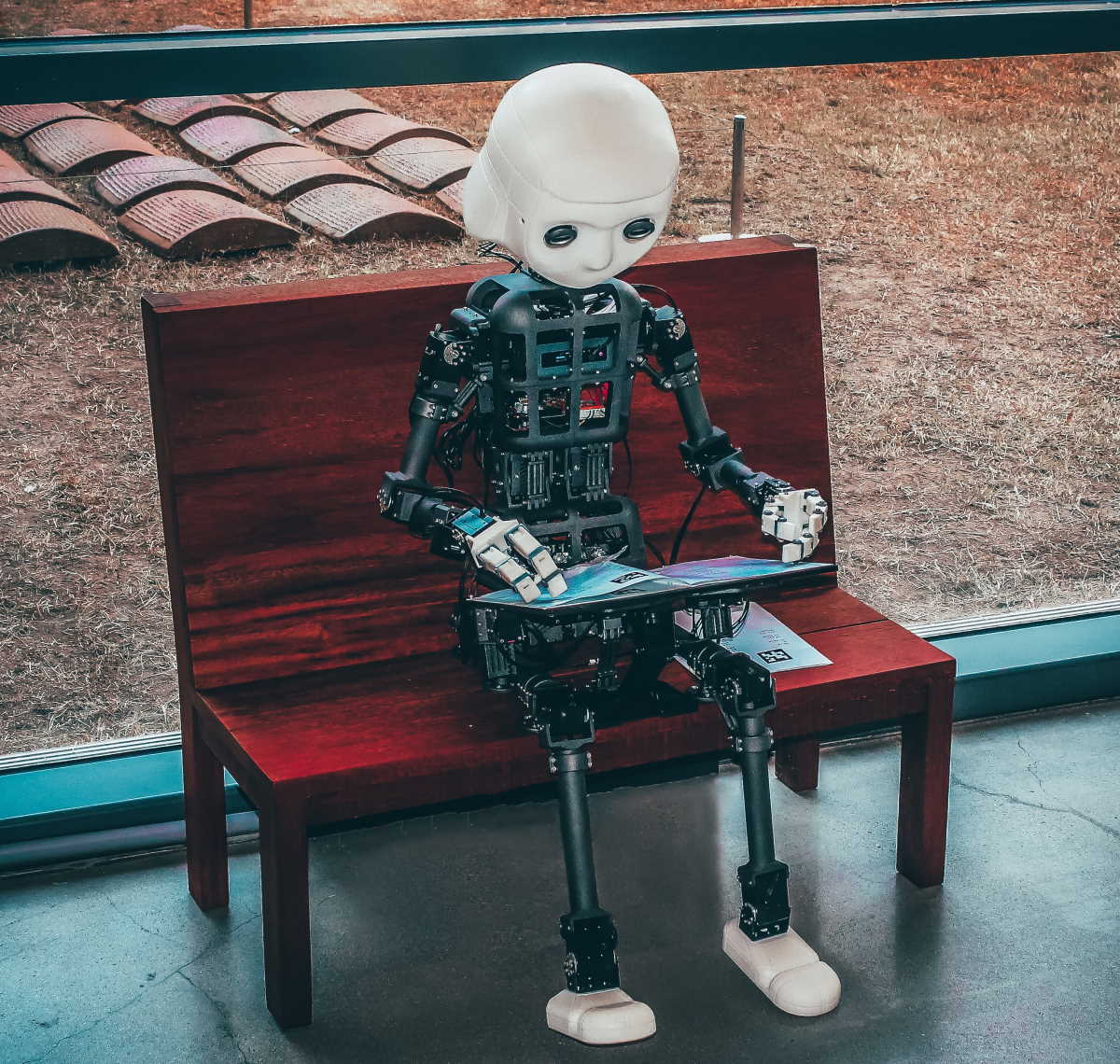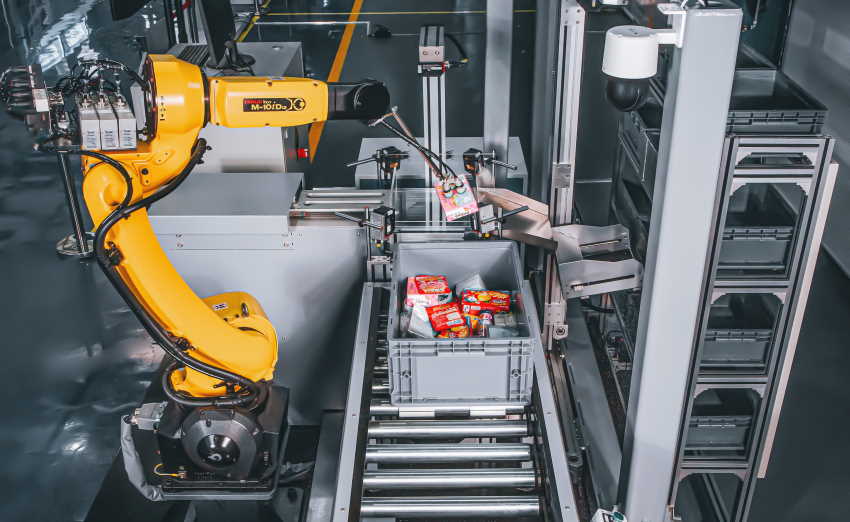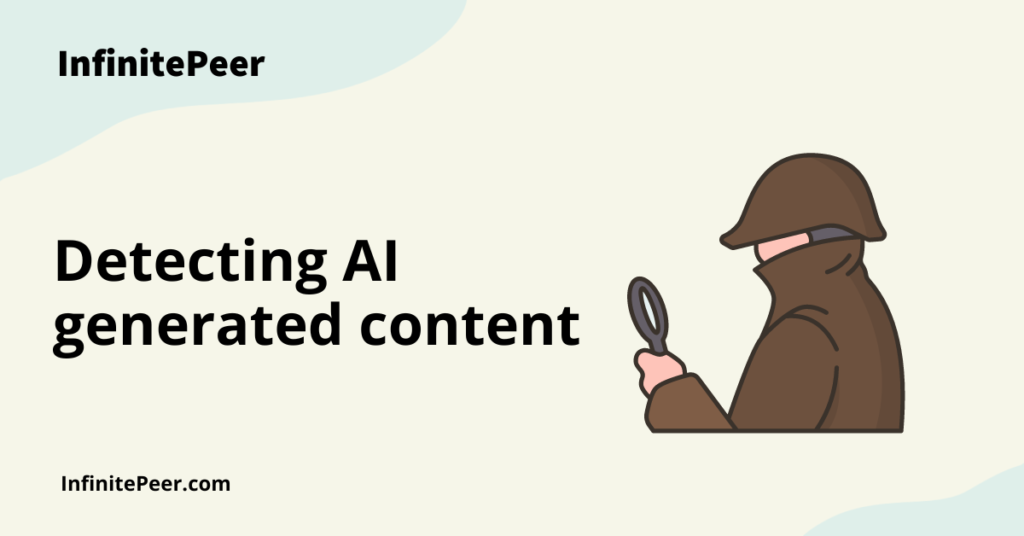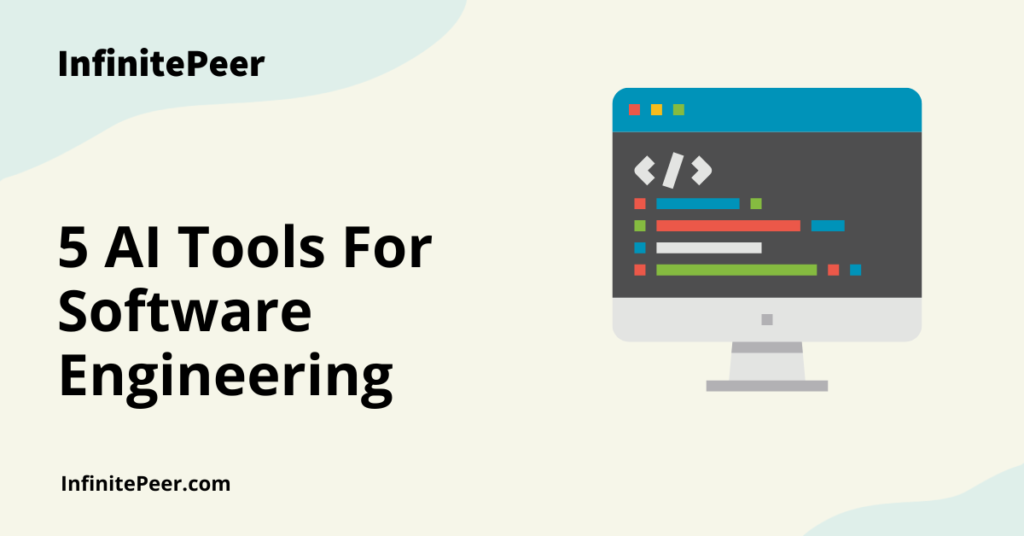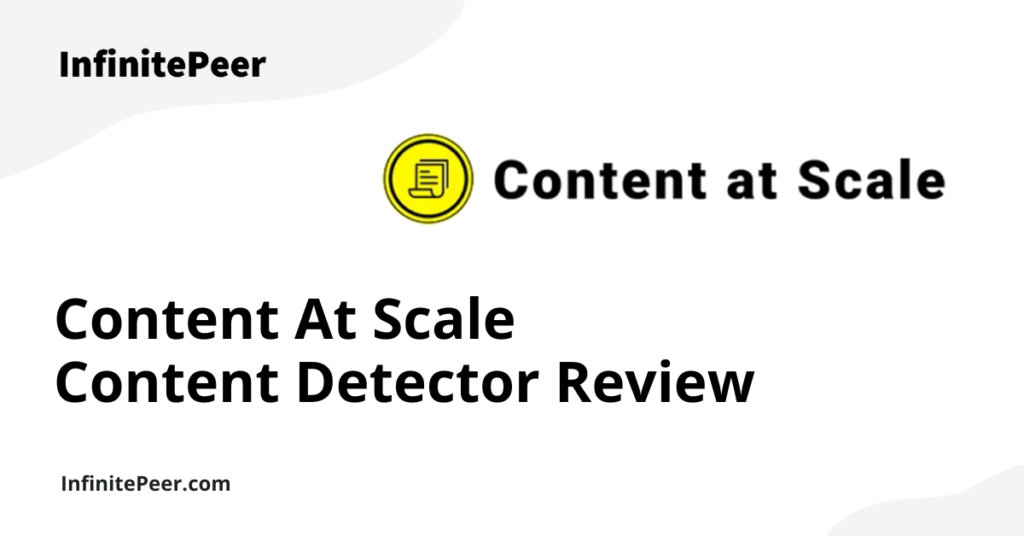This year the Colorado State Fair’s annual art competition saw an incredibly unique entry in its digital category. The AI-generated work, “Théâtre D’opéra Spatial”, which took first place in the digital category caused uproars in the art industry, and some artists to worry about their futures. While the concerns of these artists (like any other human) are understandably well-placed, it’s not that the future of work is bleak for us humans – more so, it will be ‘AI-augmented’.
What does the World Economic Forum say about the Future of Work?
The report by the World Economic Forum has led many to question: Will AI produce more jobs than it takes away? This is because the statistics support both sides fairly equally, causing uncertainty for the average human worker. Statistics show that 85 million jobs will be replaced by artificial intelligence by the year 2025. However, the same AI will create 97 million jobs by 2025 – almost a one-to-one ratio.
The next questions then become “who will lose their job?” and “who will find a new one?”
Nevertheless, futurists are already talking about how AI will be creating a different type of work, which businesses are likely to face backlash, and what they could do to avoid such a fate.
For instance, the Futurist, Martin Ford opined at a TED talk that artificial intelligence is likely to generate a lot of work, but it is definitely going to be “a different kind of work”.
On the other hand, the CEO of Skymind.ai, Chris Nicholson, recommends that the public should avoid long and boring jobs as there is a high probability that “machines will eat it”.
So, which jobs are AI likely to replace?
What Types of Jobs are Likely to be Replaced by AI?
- Everyday Routine and Tedious Tasks
The labor market is changing. Now it requires a skill set that is more diverse and complex than routine.
The jobs that AI will likely replace are centered around routine and repetitive tasks. These include roles like “bank tellers, receptionists, customer service representatives, and even radiologists” said Kai-Fu Lee, owner of Sinovation Ventures at the World Economic Forum.
Hence, fields like customer service, bookkeeping and data entry, and proofreading are areas that AI will likely take over in the next years as these can be automated.
- Manufacturing, Automation, and Retail Services
Moreover, the manufacturing industry, automation, and retail services will thoroughly see the AI revolution. Consider Amazon warehouses where thousands of AI-powered robots manage inventory.
Going a step further, AI-powered drones are likely to replace product and courier delivery by land. The Wing Project is one such example where speedy delivery of lightweight packages is initiated from businesses and delivered directly to your home.
What type of jobs are not likely to be replaced by AI?
- Jobs that Require Cognitive Skills, Emotional Intelligence, and a Human
While the 100,000+ Amazon warehouse AI robots are intelligent enough to sort out inventory, they are not emotionally intelligent to help you when you are feeling down, assist with drug addiction, or be your therapist.
Hence, artificial intelligence is unlikely to replace jobs in healthcare, social welfare organizations, and rehabilitation centers as they require a human touch, self-awareness, and compassion. Kai-Fu Lee notes how machines are cold, and they have no feeling – such jobs, therefore, require a human as only they are capable of such feelings and emotions.
- Managerial, Marketing, PR, and Executive Positions
Such jobs require complex strategic management, planning, cross-domain knowledge, inferencing, empathy, conflict resolution, and people management. While AI will certainly take over routine tasks, overseeing people and motivating them is something that only a human is capable of (at least for now).
It is highly unlikely that AI robots will replace these jobs in the next 10 to 15 years. So, if you are a CEO or in a managerial position, you should not worry much.
However, it seems more likely that there will be AI robots working under you in the coming years – it’s worthwhile to start thinking about strategies that will employ both a human and machine workforce.
- Fields that Thrive on Imagination, Creativity, Expression, Ingenuity, and More
While AI is advanced enough to create images from text and produce complete articles, it still is far from creating original, unique, and error-free content. The latest versions of DALL-E are far from perfect.
Therefore, jobs that require creation, conceptualization, and originality are relatively safe from AI. Since these jobs are intellectually stimulating and often require cross-domain knowledge, they are better suited to a human than artificial intelligence. Hence, writers & editors, illustrators & graphic designers, and game/ film producers and scriptwriters will always be needed.
That being said, individuals in all these professions should get ready to leverage AI so they can produce more efficiently and quickly.
What learning/ training can professionals do to ensure they are ready for AI tools coming into places?
While the list of AI-proof professions is just as long as the ones that may be replaced by AI, professionals across most industries will be faced with automation and AI in some aspects of their roles. It is crucial to train our employees for the AI-augmented future and ensure that the recent technologies are “symbiotic with humans”, says Elon Musk.
- Arranging Workshops and Technical Discussions about AI & automation
Businesses need to ensure that their human workforce can keep up with the pace with which AI is making its way into everyday life. For instance, arranging workshops and technical discussions to create awareness about AI automation can prove beneficial. Not only will this make the workforce more accepting of innovative technologies, but it will also ensure that AI integration does not feel overwhelming to adapt to.
- Stressing the need to be a little Tech-Savvy
Getting our people to understand a little about everything helps them become more adaptive to change. For instance, educating them on the “basics of engineering” will increase their chances of not being displaced, says a Product Manager at Narrative Science, Dann Platt. Therefore, businesses should look to integrate some short courses and hands-on training on AI tools into their on-job training schedule.
- Appreciating Employees for Demonstrating AI-based Skills
Be it a monetary or a non-monetary incentive, everyone feels good when appreciated. It won’t hurt to tell your employees that their effort to polish their AI skills is appreciated and welcomed. Moreover, this will also encourage others to spend some time doing the same. You may introduce AI discussion boards and organize webinars to help them with this.
The Outlook: Will AI Take our Jobs Away?
Instead of being in competition with rapidly changing technologies, we should rather train ourselves (and our workforce) to be agile enough to adapt to the technologies around us.
The future of work is not one where cyborgs replace humans at work. It is a future where repetitive, tedious, time-consuming, laborious tasks are done by AI bots & robots who will never tire out or require sleep.
There will always be a need for human personnel to supervise such technologies; organizations that monitor AI-Integration; law firms that would regulate and enforce laws relating to AI and its (mis)use.
To say the least, the “Future of Work” is likely to be AI-augmented.
Therefore, worrying about how and when AI may take our job away seems pointless; instead, we must look at the brighter side of this. Think of all the labor hours AI-automated processes will save you; think of all the industrial processes where having AI-powered robots ensures the safety of human lives. Be it the dangerous fumes in coal mines or extreme temperatures and pressures at oil refineries, AI robots are built sturdy enough to withstand such environmental conditions. Although machines can always be replaced; human lives are irreplaceable.
Overall, it seems wise to stop asking the question “will AI take my job away?” and start thinking “how can AI and humans work best together?”. The era of IoT and smart technology is already here. So, let us be smart enough to keep up with the pace and ensure our continued employment.
